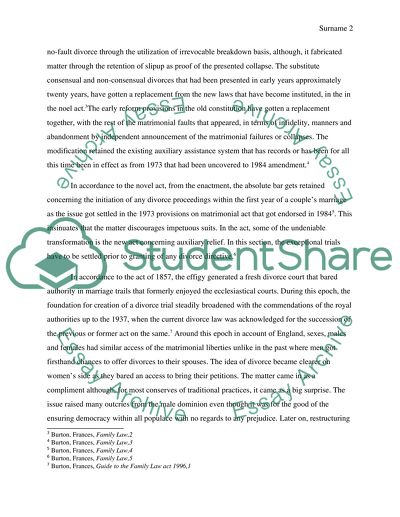Cite this document
(“Family law Reform of Divorce Law Essay Example | Topics and Well Written Essays - 3000 words”, n.d.)
Retrieved from https://studentshare.org/law/1440253-family-law-yt-reform-of-divorce-law
Retrieved from https://studentshare.org/law/1440253-family-law-yt-reform-of-divorce-law
(Family Law Reform of Divorce Law Essay Example | Topics and Well Written Essays - 3000 Words)
https://studentshare.org/law/1440253-family-law-yt-reform-of-divorce-law.
https://studentshare.org/law/1440253-family-law-yt-reform-of-divorce-law.
“Family Law Reform of Divorce Law Essay Example | Topics and Well Written Essays - 3000 Words”, n.d. https://studentshare.org/law/1440253-family-law-yt-reform-of-divorce-law.


